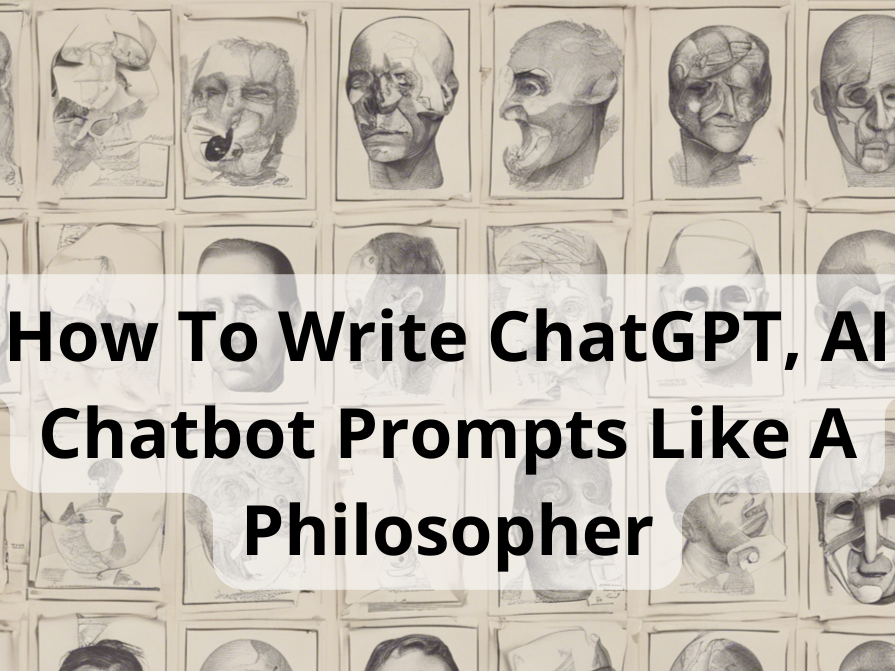
For example, Jasper is advertised as an AI copywriter, aimed more at businesses than individuals, and has a monthly fee. Another option is Socratic, made by Google. This is a free AI powered chatbot directed at children. It provides fun graphics as well as textual responses to prompts.
But before you start using any chatbot, it is essential to pinpoint what exactly you want to get out of it. This way, you can decide which option is best for you. More importantly, it does not matter which AI program you use if you don’t provide the right prompts to capitalize on the chatbot’s specific functionality.
Many people treat these tools as search engines, like Google or Bing. This seriously under utilizes the platforms, which can do exponentially more than tell you about the distance between the Earth and the Sun, or the top goal scorers in the English Premier League last year.
Aside from some Youtube videos or the platforms themselves, there are no formal classes on how to formulate the most useful prompts. Millions of AI chatbot users rely on the advice from the technology companies behind the chatbot. Arguably, this goes against the whole idea of these tools; they are built to continually learn and grow, which is unlikely to happen if all users get prompt instructions from the same source.
Until the inevitable happens and classes appear at all levels of education, the sheer volume of use cases for them necessitates a few general tips that will give you the most value from whatever chatbot best suits you.
Where should we turn to for the best chatbot prompt writing advice?
Although dwindling, a few areas of education still focus extensively on writing. These disciplines are almost exclusively found in the liberal arts. One subject in particular is concerned not only in writing skills but form, clarity and logical organization as well. Namely, philosophy can provide crucial guidance for writing chatbot prompts.
One element of philosophical writing that will help write chatbot prompts is the abstract. This is usually a requirement for any academic research paper, but a philosophical abstract tends to be especially concise.
This is similar to an introduction, but encompasses more than just a setup. An abstract is one paragraph before the paper’s introduction that lays out the entirety of the argument.
Writing an abstract is an exercise in brevity and clarity. It shows you fully understand the argument you are about to present and can relay it succinctly in just a few sentences rather than throughout an entire essay.
Writing an abstract of what you hope to get out of a chatbot can solidify your prompt by ensuring it will cover all you want.
A second necessary aspect of philosophical writing that will help advance your chatbot prompt is providing examples ad nauseam.
Philosophers will never present an idea or theory with nothing to back it up. This is sometimes in the form of a ‘thought experiment,’ which essentially creates a world in which the idea is a fact and the many implications of that fact. Other times, this could be rewriting the same theory in a variety of ways to account for different levels of understanding from their readers. Examples could even be popular culture references that relate to the idea.
Using many examples within your chatbot prompt will help the program better fulfill your requests.
A third and final part of philosophic writing sure to enhance your chatbot prompts is understanding the scope of your writing. What I mean is, philosophers are exceptionally well-trained to refrain from superfluous or excessive writing.
Often, philosophical work focuses on an extremely minute detail in a small section of some other work. For example, just one line from the first book by the Austrian philosopher Ludwig Wittgenstein has beget thousands of pages of scholarship. Of course, “the world is all that is the case” is quite the line.
By limiting the scope of your chatbot prompts, the program will be able to respond more thoroughly and generally provide a much better answer.
The next time you use a chatbot, try writing like a philosopher. It will give you the most successful results.
